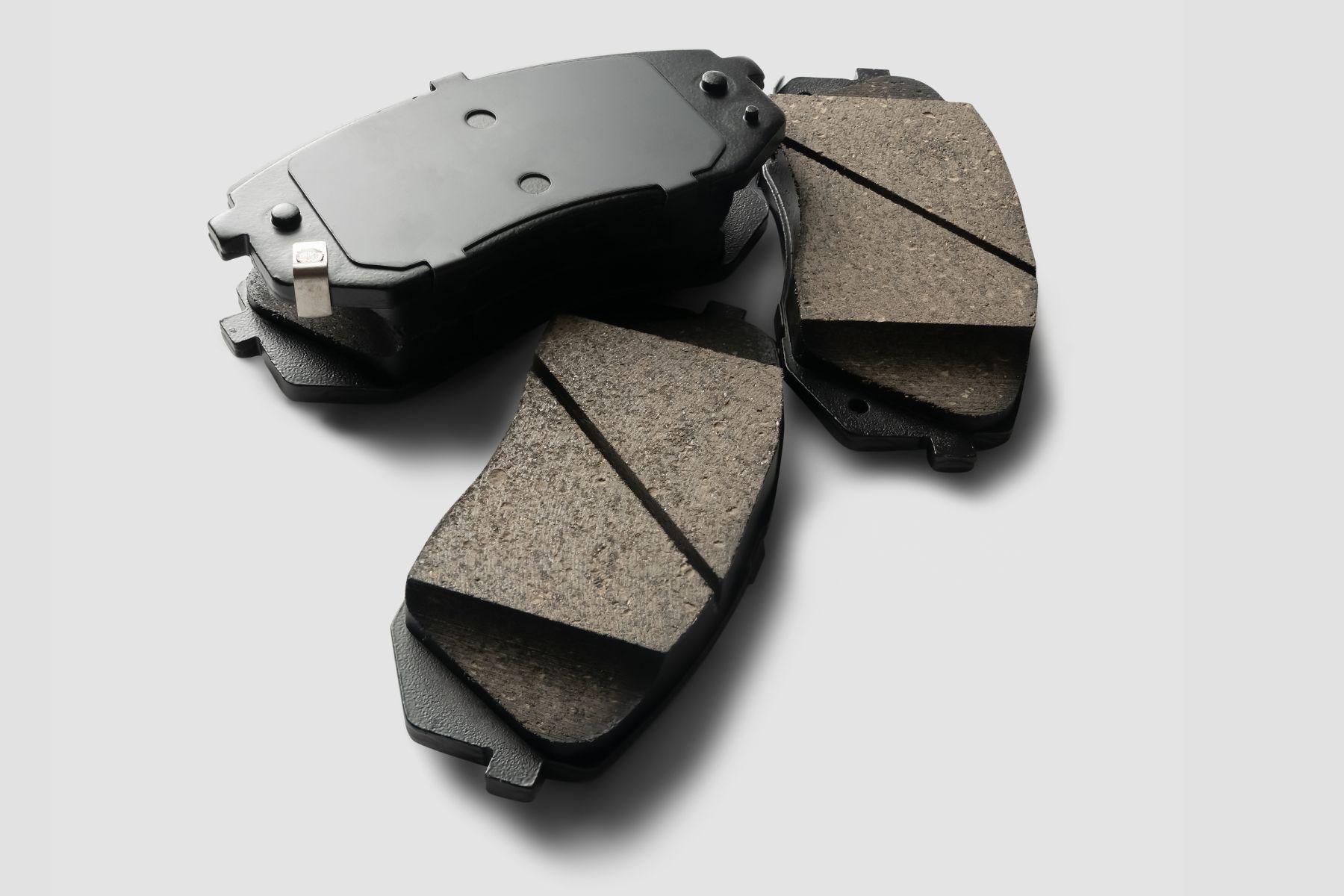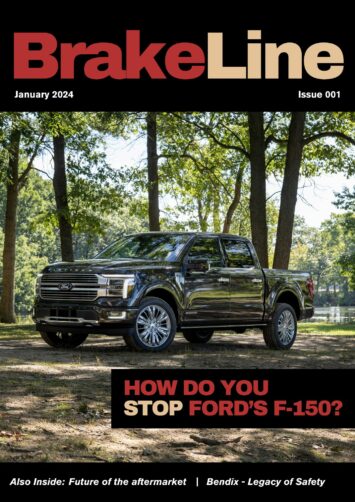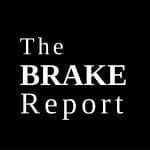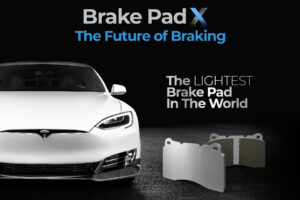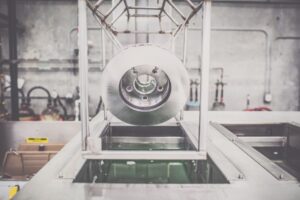In an eye-opening study conducted by the University of California, Irvine (UCI), researchers have discovered a concerning link between vehicle brake emissions and public health. This groundbreaking research, published in the Proceedings of the National Academy of Sciences, highlights the significant public health implications of airborne particles released during vehicle braking. Unlike exhaust emissions, these particles are often overlooked, yet they carry a considerable health risk due to their electric charge.
Key Highlights:
- Up to 80% of brake-emitted particles are electrically charged, enhancing their potential impact on air quality and public health.
- The UCI study emphasizes the need for further research into the health effects of non-tailpipe emissions, especially in light of the increasing prevalence of electric vehicles.
- Electrostatic precipitators could offer a solution by efficiently removing charged particles from the air, mitigating health risks.
- Environmental justice concerns arise, as lower-income communities face higher exposure to brake emissions due to denser traffic.
The UCI team’s findings underscore the complexity of vehicle-related air pollution, extending beyond tailpipe emissions to include brake wear particles. Adam Thomas and Paulus Bauer, leading researchers on the study, utilized a lathe to simulate braking in vehicles, revealing that a majority of the aerosol particles emitted are highly charged. This characteristic could potentially allow for more effective pollution control strategies, such as the use of electrostatic precipitators mentioned by Professor Jim Smith.
See also: EU Brakes on Emissions: Euro 7 Tightens Grip on Air Quality
However, the implications of brake emissions are far-reaching, affecting not only environmental quality but also posing significant health risks. According to UCI Professor Manabu Shiraiwa, these particles may induce oxidative stress, warranting extensive further investigation.
The study also casts light on an environmental justice issue, with lower-income areas bearing the brunt of exposure due to heavier traffic. This discrepancy underscores the need for targeted pollution mitigation efforts in these communities, as emphasized by Professor Barbara Finlayson-Pitts.
Collaborating with local organizations like the Madison Park Neighborhood Association, UCI aims to disseminate its findings to the public, enhancing awareness and prompting action. The research, funded by Volkswagen’s 2016 settlement fees, marks a crucial step forward in understanding and addressing the public health impacts of vehicle brake emissions.
UCI’s dedication to advancing public health and environmental justice is further evidenced by its Brilliant Future campaign, which seeks to elevate the university’s impact through philanthropy and engagement. As a leader in research and innovation, UCI continues to explore the frontiers of science and technology, striving for a healthier, more equitable future.
Subscribe Today!
Sign up for our weekly eNewsletter and get a free copy of BrakeLine, our quarterly digital magazine.

